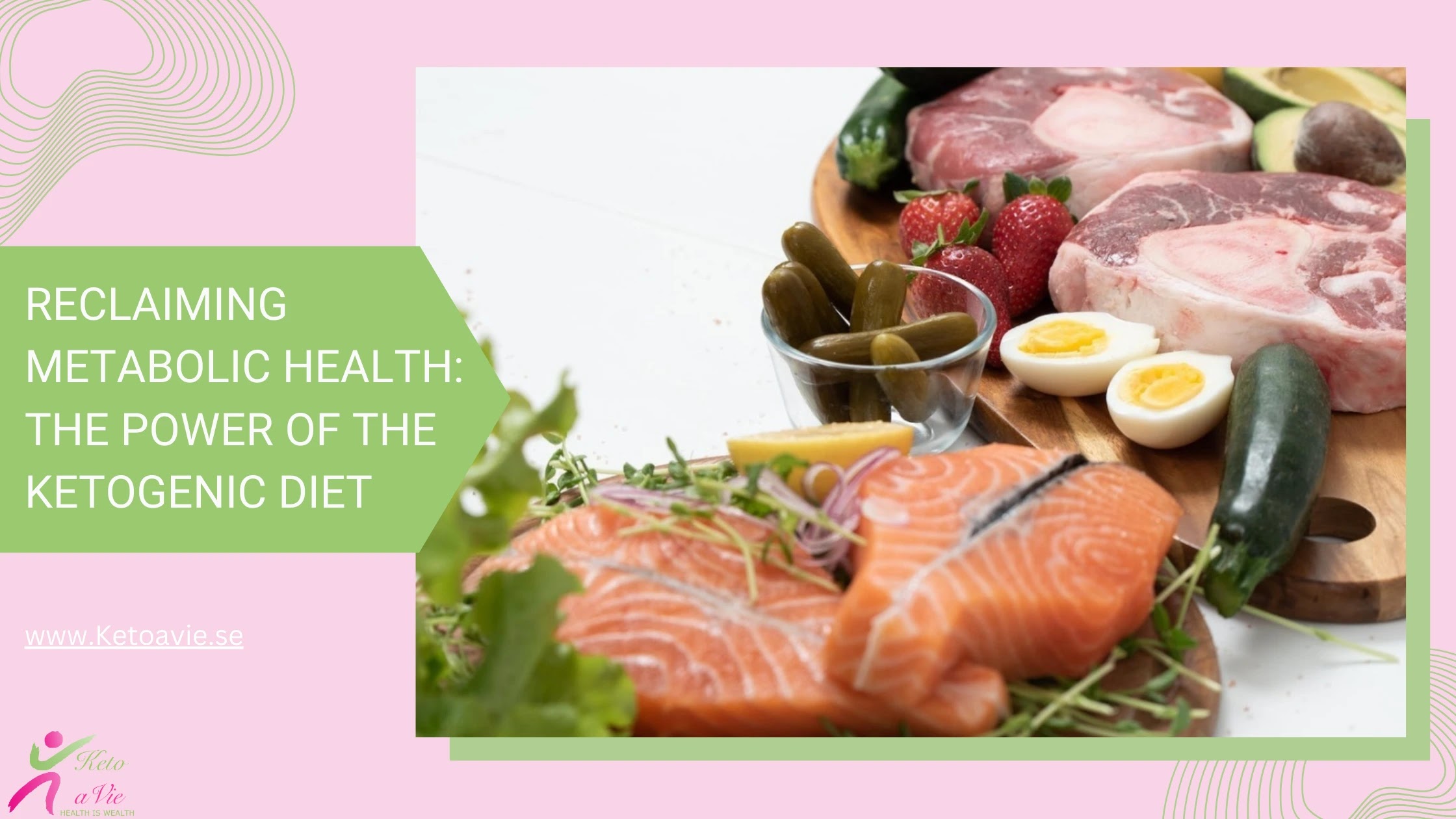Are You Eating The Right Foods for Optimal Liver Function? Unlocking the Secrets to a Healthy Liver & NAFLD Management!
Understanding Nonalcoholic Fatty Liver Disease (NAFLD) and the Role of Anti-Inflammatory Diets
Fueling Your Liver with Nutrient-Dense Foods
- Leafy Greens: Spinach, kale, and broccoli are rich in vitamins and minerals that support liver health and help protect the liver from damage caused by oxidative stress.
- Cruciferous Vegetables: Cabbage, cauliflower, and Brussels sprouts contain compounds that support liver detoxification and help protect the liver from damage caused by oxidative stress.
- Avocados: Avocados are a great source of healthy fats that support liver function and help protect the liver from damage caused by oxidative stress.
- Whole Grains: Brown rice and quinoa are nutritious whole grains that provide essential nutrients and fiber for liver health and help support liver function.
- Nuts and Seeds: Nuts and seeds are a rich source of healthy fats, fiber, and antioxidants that support liver health and help protect the liver from damage caused by oxidative stress.
- Berries: Berries are high in antioxidants that can help reduce oxidative stress and support liver health.
- Fatty Fish: Salmon, mackerel, and sardines are great sources of omega-3 fatty acids, which support liver health and help protect the liver from damage caused by oxidative stress.
- Herbs: Turmeric and garlic have antioxidant properties and support liver health by helping to reduce oxidative stress and supporting liver function.
Strengthening Your Liver with Beneficial Supplements
- Milk Thistle(*): This herb has been used for centuries to support liver health. It contains silymarin, a compound with potent antioxidant properties that helps protect the liver from damage and supports its natural cleansing process.
- N-Acetyl Cysteine(*)(*): This amino acid is a powerful antioxidant that supports liver detoxification and helps protect the liver from oxidative stress.
- Alpha-Lipoic Acid(*): This antioxidant helps reduce oxidative stress and supports liver function by protecting the liver from damage caused by free radicals.
- Vitamin E(*): This vitamin acts as an antioxidant and helps protect the liver from damage caused by free radicals. It also supports the liver's natural cleansing process.
- B-Vitamins(*): B12 and folate are essential for liver health, as they support the detoxification process and the production of red blood cells.
The Journey to Optimal Liver Health - Embracing Movement for Liver Support
In recent research, walking has emerged as a simple yet effective way to boost liver health. Just 22 minutes of brisk walking a day can protect against non-alcoholic fatty liver disease (NAFLD), according to a new study conducted by researchers at Penn State College of Medicine in the US. Their analysis of 14 trials involving 551 patients with NAFLD, who participated in randomized controlled trials focusing on exercise interventions, showcased the remarkable benefits of regular physical activity(*).
By pairing an anti-inflammatory approach like the ketogenic diet with liver-loving foods and targeted supplements, you empower your body to thrive. Remember, optimal liver health is a cornerstone of overall wellness, and every positive step you take today sets the foundation for a healthier tomorrow.
As always, it's crucial to consult with a healthcare professional before starting any new exercise regimen or supplement routine to ensure that they align with your individual health needs and goals. With the right guidance and dedication, you can embark on a fulfilling journey toward optimal liver health and a vibrant life. Embrace the power of nourishment, movement, and self-care to achieve a healthy liver and a happier, healthier you. Start your journey today!
Frequently Asked Questions (FAQs)
1. Can a non-alcoholic fatty liver be repaired?
Absolutely! If you have non-alcoholic fatty liver disease (NAFLD) without any other medical complications, you can take positive steps to control or even reverse the fat buildup in your liver. Adopting a combination of lifestyle changes, including a nutrient-dense diet, exercise, and targeted supplements, can play a significant role in supporting your liver's health and function. Weight loss, especially through an anti-inflammatory approach like the ketogenic diet, has shown promising results in managing NAFLD.
2. What causes fatty liver in non-drinkers?
Non-alcoholic fatty liver disease (NAFLD) and its more severe form, non-alcoholic steatohepatitis (NASH), are often associated with several factors, including overweight or obesity, insulin resistance, and high blood sugar levels. While alcohol is not the cause in these cases, other lifestyle and metabolic factors contribute to the fat accumulation in the liver.
3. What are the signs of a fatty liver?
Signs of NAFLD may include a dull or aching pain in the upper right abdomen, fatigue, unexplained weight loss, and weakness. It's essential to pay attention to these symptoms and seek professional guidance for proper evaluation and diagnosis.
4. How long does it take to reverse non-alcoholic fatty liver?
The timeframe to reverse fatty liver disease can vary depending on the underlying cause. If alcohol is the cause, positive changes may be seen within about 2 weeks of abstinence. For NAFLD, the duration of reversal may depend on the speed of weight loss achieved through a balanced diet and exercise. However, it's essential not to rush weight loss and ensure that it occurs in a healthy and sustainable manner.
5. Can a keto diet reverse fatty liver?
Yes, there is good news! A low-carb or ketogenic diet has shown to lead to a significant reduction in liver fat and may even have the potential to reverse the disease. The ketogenic diet's anti-inflammatory properties and its ability to promote weight loss make it a promising approach to manage NAFLD and improve overall liver health.
Disclaimer: This article contains affiliate links. If you make a purchase through these links, we may earn a commission at no additional cost to you. The recommendations provided in this article are based on research and expert opinions but should not replace personalized medical advice. Please consult a healthcare professional before starting any new treatment or supplement regimen.
Visit my Amazon Keto Corner for Keto Essentials & Products!




Comments
Post a Comment